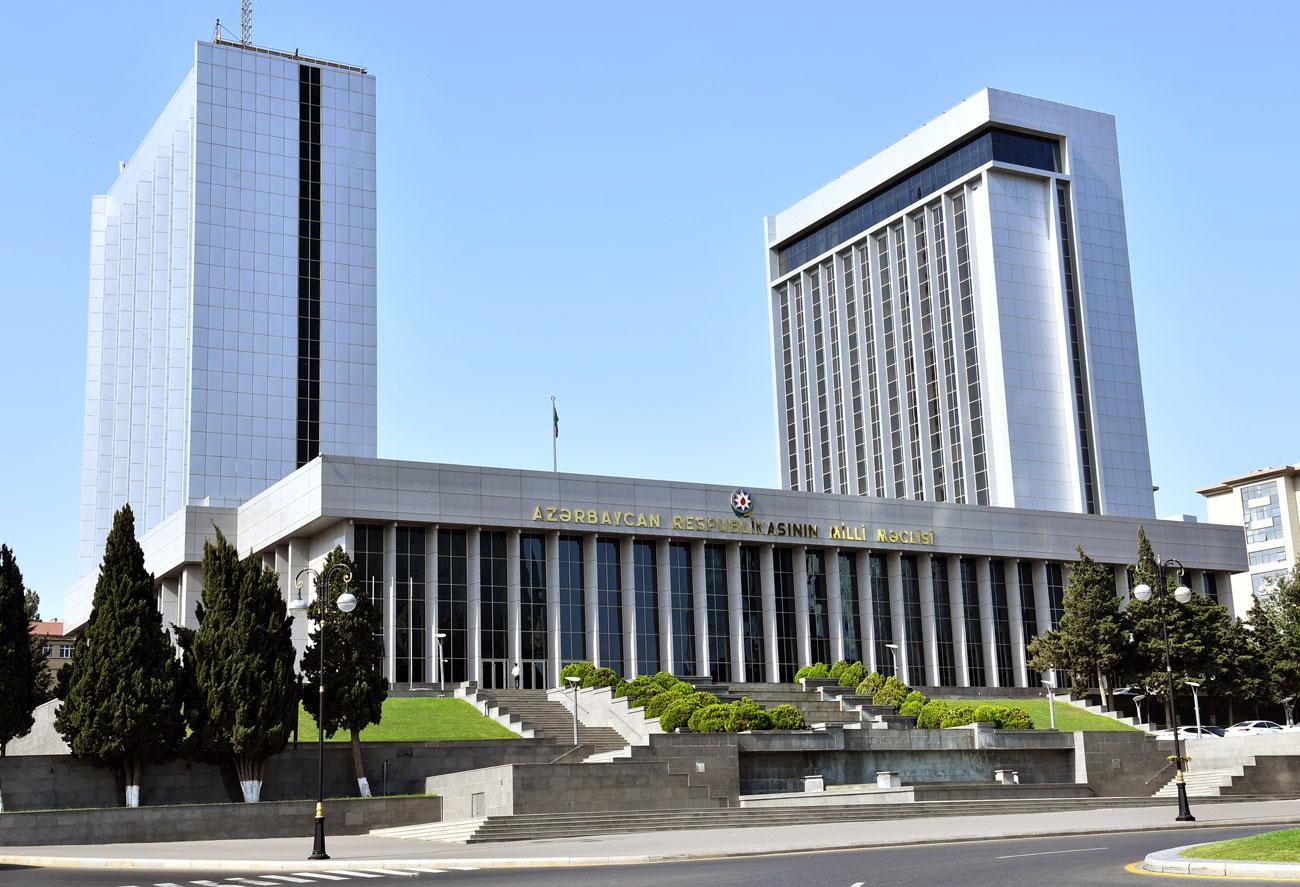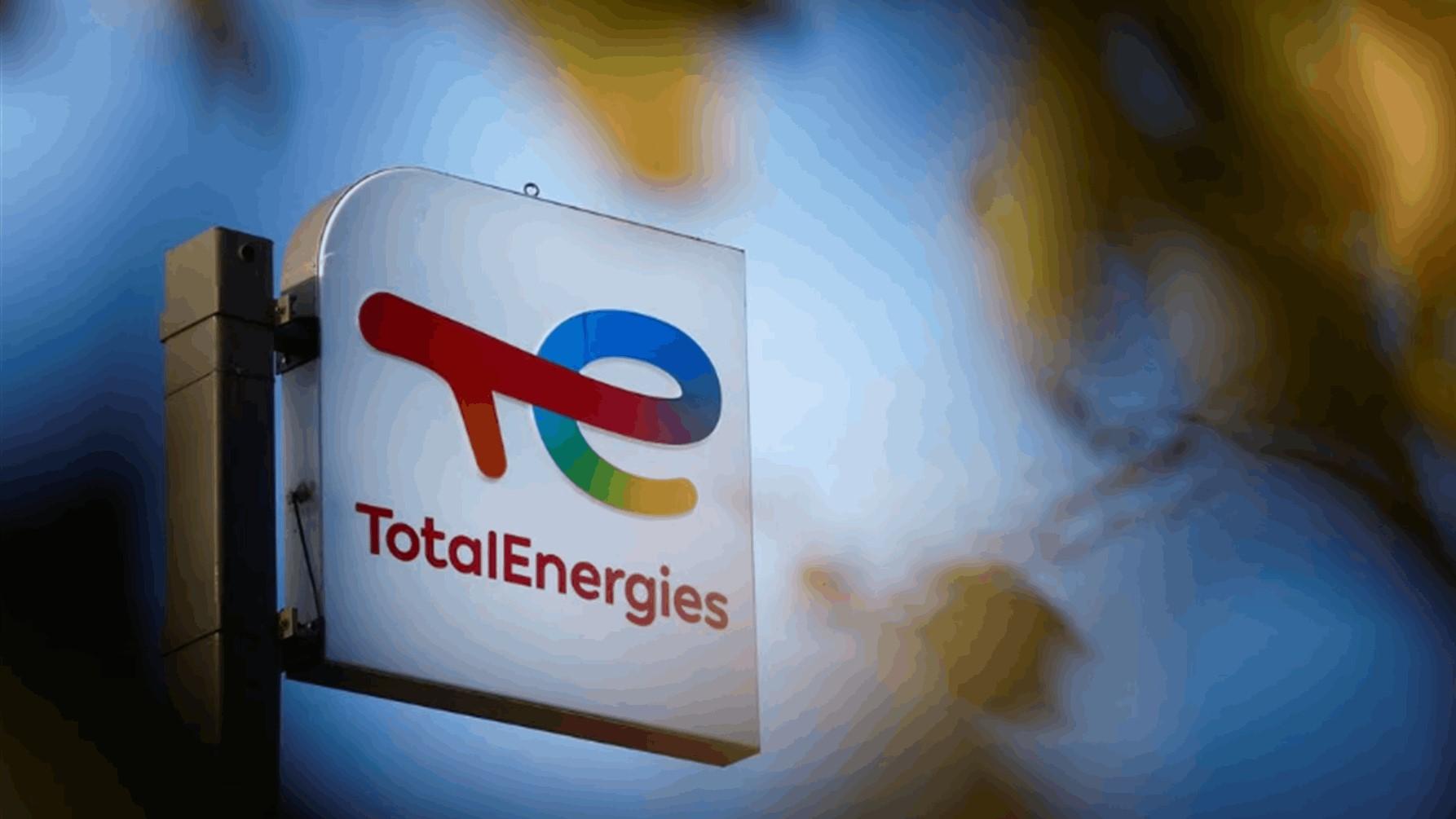French business in Azerbaijan may pay dearly for Paris's slanted policy Oil, investments, revenues in sanctions' crosshairs
Another resolution against Azerbaijan, adopted by the French Senate on January 17, 2024, represents a certain threshold beyond which state and business relations can no longer be maintained at previous levels. This is not the first aggressive attack by French parliamentarians against our country. Thus, on November 25, 2020, the Senate adopted a resolution on "the need to recognise NKR", and on November 15, 2022, it passed a resolution in support of Armenia and proposed to impose sanctions on Azerbaijan. Official Baku paused at the time and did not take any sharp retaliatory measures, despite the strong reaction of the Foreign Ministry. But it seems that this time the French Senate is about to face a tough response from Baku. One of the proposals in the statement of the Milli Majlis committee on international relations and interparliamentary relations is the suspension of all economic relations with France.
According to the preamble of the statement of the Milli Majlis Committee "in connection with the biased, one-sided and unjustified resolution adopted by the French Senate on January 17, 2024, on the initiative of the leaders of the Armenian lobby and French officials and politicians under their influence", the French political circles, including the Senate and the National Assembly, based on instructions received directly from the Elysee Palace, have ratcheted up their openly racist, Azerbaijanophobic and Islamophobic activities and continue to take unjust steps against the territorial integrity and sovereignty of Azerbaijan, demonstrating open disregard for the norms and principles of international law. France is obstructing the conclusion of a peace treaty between Baku and Yerevan, consistently arming Armenia and encouraging the revanchist forces of that country to start a new war. This destructive policy is a threat to the whole region and all responsibility for what is happening falls on the French side. In this context, the Milli Majlis Committee's statement says that the relations between the two countries are at the lowest level in history and can be considered suspended (full text of the statement).

This time, however, the Azerbaijani MPs did not confine themselves to a diplomatic démarche; the statement outlined quite specific response steps, including economic sanctions. Among other things, it was recommended that the government of our country expel all French companies from Azerbaijan, including the oil and gas company TotalEnergies; it was proposed that French companies be barred from participating in any tenders and projects commissioned by our state; and that the assets of French officials in Azerbaijan be frozen.
What is Paris trying to achieve by pursuing such a rash and unfair policy towards Baku? What are the losses that the French business community will suffer if relations with Azerbaijan deteriorate?
It should be said right away that the bilateral economic relations are built in such a way that the losses suffered by the French business community will be incomparably greater. France's trade turnover with Azerbaijan accounts for two-thirds of its total trade with the South Caucasus. On the contrary, trade with Armenia and Georgia combined does not even make up half of this volume. Any sanctions against Baku will hit French exporters first. It should be recalled that in the prosperous pre-crisis year of 2019, the trade turnover between Azerbaijan and France increased by 22 per cent and reached 749.5 million euros. Then, as a result of the pandemic crisis and the subsequent global economic downturn, there was a decline in the volume of trade. However, based on the statistics of the last two years, the structure of trade turnover is clearly dominated by French products, which exceeded Azerbaijani exports by several times. On the contrary, for Azerbaijan, due to some objective reasons, the French market has not been of strategic importance for the supply of energy resources in recent times, and in this sense, France is not comparable with the volumes of supplies to Italy, the Balkan countries, Türkiye, Israel, and so on. In general, the share of trade with France in the total trade turnover of Azerbaijan last year did not exceed 1.6 per cent, i.e. even if the business relations cease completely, our exporters will not suffer any irreplaceable losses.
On the contrary, French commercial capital will not only be at risk due to the loss of the large and promising Azerbaijani market. Investors will also suffer tangible damage. If France's aggressive policy towards our country does not stop, the statement of the Milli Majlis Committee can be taken as a guideline for action. The French company TotalEnergies, which has been actively cooperating with the State Oil Company (SOCAR) since 1996, will be excluded from the project of developing the Absheron gas condensate field and will lose its five per cent share in the Baku-Tbilisi-Ceyhan (BTC) pipeline. These losses will be significant, as French investment in Azerbaijan's oil and gas sector is estimated at $2 billion. The investment of French private capital in the non-resource sector in our country is relatively small, barely $200 million, and in this respect, the domestic economy will hardly notice its departure.

In order to assess the scale of possible losses for the French economy, it should be noted that there are currently around fifty industrial and service companies operating in Azerbaijan and that most of these are not investors, but contractors and intermediary companies. These structures have participated in more than 30 projects financed by the Azerbaijani state for a total of $6.2 billion during the entire period of cooperation. In addition, there is a traditionally high share of supplies of high-tech industrial products including aerospace, locomotives, cars, various machine tools, as well as equipment for the food industry and the agricultural sector.
French contractors are involved in industry, transport, construction, telecommunications, modernising and rebuilding oil refineries and many other capital-intensive projects. For example, in the transport sector, companies such as Alstom and Systra, suppliers of electric locomotives, rolling stock and other equipment for railways and metros, have been awarded multi-million contracts by Azerbaijan Railways, Baku Metro and other state structures. In the aerospace industry, French companies Airbus and Thales have no fewer orders, Lactalis and Danone are active in agriculture and food, ACCOR in hotels, and Societe Generale in banking.
To give an illustrative example, the French construction company SADE is carrying out the contracted construction of water treatment plants in Shabran and Siyazan (contracted value over $70 million). The company has made considerable profits in Azerbaijan over the past 10 years and was planning to win new major contracts from the water company JSC "Azersu" for the construction of treatment plants and water reservoirs in the regions, as well as to participate in irrigation projects of the Ministry of Agriculture. Today, however, in the face of the counterproductive policies of the French Senate, SADE cannot even dream of continuing its cooperation. Amidst further escalation of Paris's aggressive policy, the removal of the French company Paprec Group from the management of the Baku domestic waste treatment plant will become inevitable. It will be possible to forget for a long time, if not forever, the participation of members of the French business organisation MEDEF International (which unites 7100 French companies, including leading corporations - Airbus, Alstom, Suez, Thales, Egis, Oberthur Cash Protection, Arverne Group) in contracting projects and tenders in Azerbaijan. In short, the losses of French contractors in case of withdrawal from the Azerbaijani market will amount to many hundreds of millions of US dollars.
But Azerbaijan's losses due to the termination of cooperation with French companies will be minimal: the purchase of machinery and high-tech equipment will simply be diversified, and companies from the USA, Germany, Italy, China, Japan, South Korea, Türkiye, etc. will participate in tenders.
Our country will not suffer any losses in the investment sphere either. The capital of the Azerbaijani business sector, not to mention the state companies, is practically not represented in the French market, and in addition, the domestic contracting companies do not take part in any projects in this country. This means that losses will be minimal in the event of retaliatory sanctions and restrictions. Therefore, Azerbaijan is generally safe in terms of investment risks.








